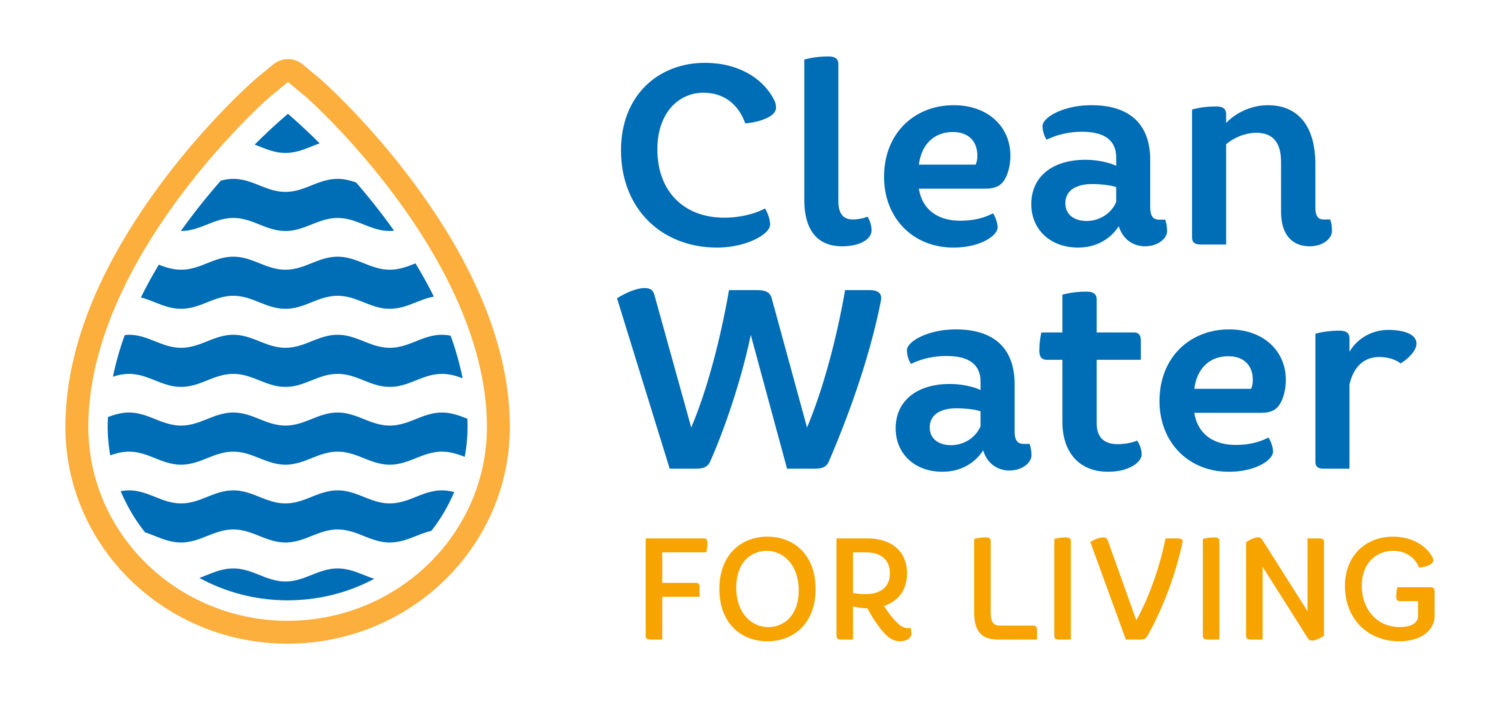The Clean Water for Living - Climate Summit
took place on Saturday, November 16, 2019
Ridgetown Campus of the University of Guelph, Ridgetown Ontario
The Clean Water for Living - Climate Summit was presented by Sunrise Rotary Club in partnership with the Conservation Authorities of Upper Thames Valley, Lower Thames Valley, St. Clair and Essex Regions
We know clean water is essential for life and yet our rivers and lakes have suffered from lack of respect and care for many decades. People living around the Great Lakes thought that water supplies were infinite and used dilution to solve pollution issues. Changes in our climate are exacerbating these problems.
The 2014 shut down of Toledo’s water supply from Lake Erie was a wakeup call. We again realize what the Indigenous peoples of North America have been trying to teach us: clean water is essential for life. As the Great Lakes Region of North America represents 21% of the world's surface fresh water by volume and 84% of North America's surface fresh water, protecting the water of the Great Lakes is important work.
"Small acts, when multiplied by millions of people, can transform the world."
With climate change upon us, now is the time for Rotarians to take the lead in demonstrating good local water practices. Chatham Sunrise Rotary asks you to join their Clean Water for Living movement. Through this movement everyone is asked to respect and protect water locally. You might ask “What can I do to tackle this problem?” Small changes in our homes, our work places and our life styles can contribute to larger solutions. Clean Water for Living asks Rotarians to renew their efforts to “Preserve Planet Earth” starting with their commitments to respect and protect water: continue water and sanitation projects in underdeveloped countries and lead the way in education and demonstration of good water practices locally. The following presentations at the Climate Summit explore current Great Lakes concerns as well as climate adaptation and remedial strategies.
Points to Ponder from the “Clean Water for Living Summit”
Restoring our Connection to the Great Lakes
Shane Schofield is a Platforms and Communications Coordinator with Swim Drink Fish. Shane helps coordinate Swim Drink Fish's multi-million-dollar restoration initiative, the Great Lakes Challenge. Great Lakes Challenge restoration projects, like Kingston's Gord Edgar Downie swimming pier, are reconnecting people to the Great Lakes.
Lake Erie Algae Problem
Dr. Mike McKay, Executive Director, Great Lakes Institute for Environmental Research-University of Windsor. Professor McKay’s research is focused on large lakes where he studies the biogeochemical cycling of nutrients, harmful algal blooms and winter limnology.
Protecting our Water with Cover Crops ~
Blake Vince, Farmer & Canadian Nuffield Scholar. Blake is a 5th generation farmer from Merlin, Ontario. Blake is a past director of the Innovative Farmers Association of Ontario. The Vince family started no-tilling in 1983 and today they are using cover crops in various capacities on approximately 1300 acres. Blake is an active regenerative agricutlure advocate.
Observations on Climate Change
Comments on Adaptation to Climate Change
by Don MacIver
Don MacIver, meteorologist, climatologist, forester, farmer and co-recipient of the Nobel Peace Prize for his contributions to the Intergovernmental Panel on Climate Change. Elected twice by UN agencies, Don chaired the organizing committee for World Climate Conference.
Finding a Solution Through Local Action
Mark Peacock, P. Eng., CAO of the Lower Thames Valley Conservation Authority. Mark has more than 25 years of experience in conservation and watershed management with four Conservation Authorities.

![Shane Schofield[1].jpg](https://images.squarespace-cdn.com/content/v1/55ddf714e4b00c4d5d5b329d/1579036062962-4XTBEBDLVARUNOKJIRAF/Shane+Schofield%5B1%5D.jpg)




